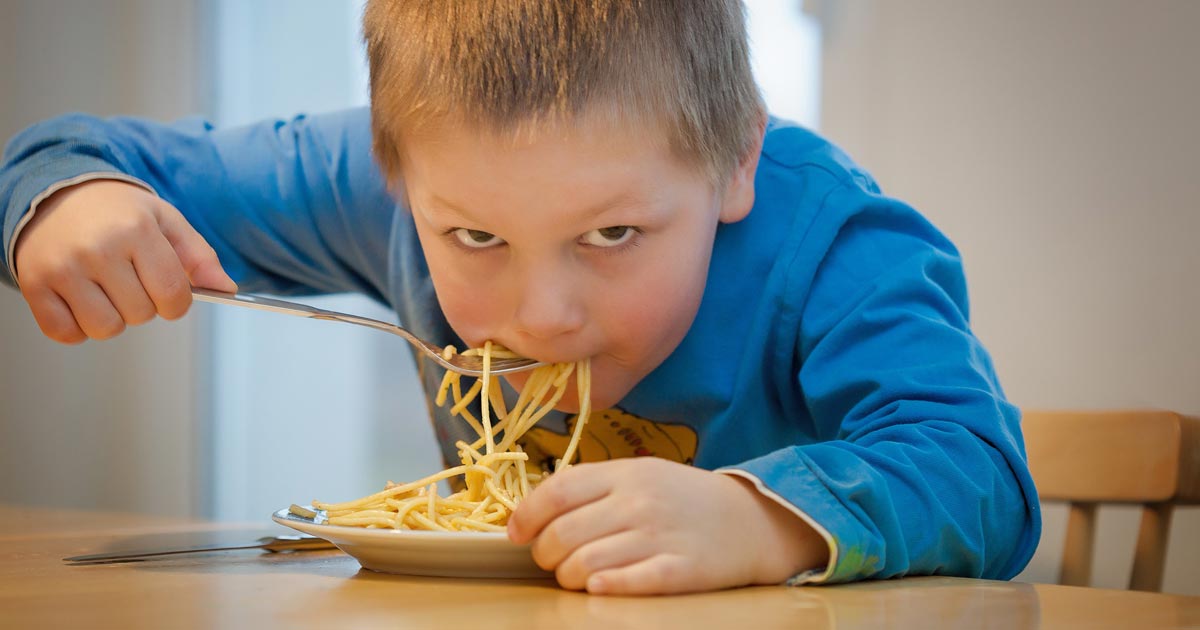The general public associates the word “anorexia” with the eating disorder characterised by refusing to eat to lose weight, which, in human medicine, has the more specific name of “anorexia nervosa”. As vets, we use the word the term “anorexic” in the slightly different sense of being a clinical sign our patients exhibit – defined as “a lack or loss of appetite”.

When referring to vets themselves, however, these definitions blur together a little, but I believe many vets frequently exhibit clinical signs that may or may not be part of an eating disorder.
While there is a lack of hard evidence or figures for eating disorders within the veterinary profession, it is estimated 10% of UK veterinary students suffer from eating disorders (not limited to anorexia nervosa), which is higher than the figure for the general UK population, which sits at 6.4%. (vetlife.org.uk).
Another branch
We are all made very aware of the mental health statistics and suicide risk of vets, and eating disorders are another branch of that tree.
Despite the lack of evidence to back up the theory, based on anecdotes alone, I’m willing to bet eating disorders, or even intermittent “anorexia” (the clinical sign), are more prevalent in qualified vets than the general population.
I’ve lost count of the number of times I’ve been on EMS and spent the entire day in the car with the same vet, going from call to call and not seeing them eat once.
I’m probably on the other end of the scale; I tend to get indigestion and heartburn from excess stomach acid production if I don’t eat regularly enough, so I tend to stress about the next time I’m going to eat (which turns into a vicious cycle because those symptoms also develop as a result of that stress). Therefore, I always try to ensure I have a packed lunch so I never get caught out.
On the road

The number of ambulatory equine or farm vets who don’t appear to carry food in their cars is astounding.
They often rely on getting time to stop for food – which, inevitably, results in them not eating for the whole working day or picking up unhealthy fast food or snacks, which isn’t really much better.
When discussing my observations with fellow students, many of them have similar tales, and the problem is not limited to ambulatory practice.
While many vets and nurses in small animal practice will have a slightly more routine structure to their working lives, there’s always the odd mad day, week or month when they just can’t seem to grab a minute to supply their digestive system between consults, surgeries and emergencies.
Despite my own claim of always being prepared to avert such situations, sometimes they’re unavoidable.
I’ve found myself a few select times during rotations when I’ve been so rushed off my feet, trying to get everything done or see clients, that I haven’t eaten lunch until well after 4pm. Then, it’s likely I’ve got to that stage of being “past hungry”, but, as it is at that point I normally get headachey and feel a bit weak, I force something down despite not really wanting it any more.
Can’t or won’t?
Now, there’s a subtle difference between anorexia (a “lack of appetite”) and physically not having a chance to eat despite the grumbling in your stomach and the agonising knowledge there’s a pretty decent lunch waiting in the fridge in the next room – but it’s a fine line.
If a client has been waiting 20 minutes for you already, surely another two won’t hurt while you inhale a sandwich? Are vet staff just too busy to eat sometimes or are they not finding the time themselves? No matter how stressed and busy you are, you should still be able to satisfy the basic human right of being able to eat.
I believe the problem of the profession not eating properly is a combination of possible eating disorders, stress related anorexia and the working environment.
Take responsibility

I have previously expressed my opinion of the poor work-life balance within the UK veterinary profession, and ignoring rest breaks that are a legal requirement in almost any other field – while not entirely to blame – certainly doesn’t make it easy for vets to look after themselves.
On the other hand, vets need to take personal responsibility for their own health and find time to eat during the working day – if you don’t look after number one, you won’t be providing optimal care to your patients.
As much as skipping one meal might seem like a short-term solution to helping a patient that little bit sooner, it will be at the detriment of your clinical ability in the long term.
Evidently, this is not a clear cut problem and, as such, there’s no fix-all solution.
However, I think vocalising these issues is a good starting point if we wish to become a more healthy, sustainable profession in the future.

Leave a Reply